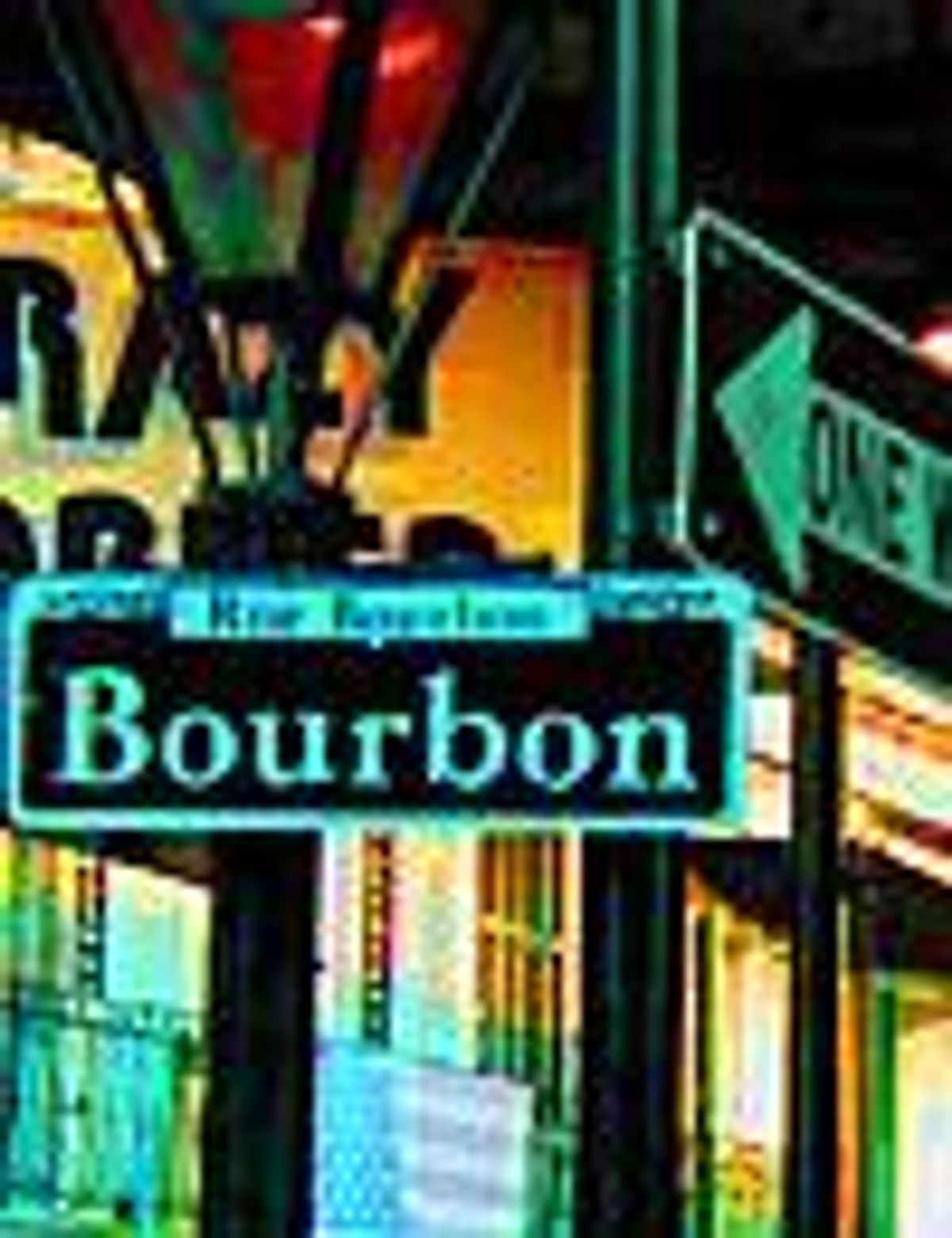Probably the last
thing a city inundated with water and filled with human
misery needs is a parade, much less a Mardi Gras. But just a
week after Hurricane Katrina unleashed its
devastation, there are signs that New Orleans is
remaining loyal to its partying ways.
Over the weekend
about two dozen people in beads, hula skirts, and wigs
danced down Bourbon Street in a symbolic show that life must
go on. A few months from now there's a good chance
there might even be some kind of scaled-back Mardi
Gras. "I think now more than ever we need a reason to
celebrate. It's really at our core," said Arthur Hardy,
publisher of the Mardi Gras Guide. "I can't
imagine the city rolling over and playing dead and saying,
'I surrender."'
And on Sunday a
small group of revelers wearing outlandish costumes
gathered for the city's annual Southern Decadence festival,
a gay event that normally draws thousands. Carpenter
John Lambert dressed up as a member of the Village
People and carried a sign reading "Life Goes On?" He
was joined in the makeshift parade by people who had taken
shelter in his house. Come February, he promised, the party
will be much bigger. "Mardi Gras is a brew, it's a
gumbo. It's defined by what people bring to it, "
Lambert said. "There will definitely be a Mardi Gras.
No doubt about it."
With thousands believed dead and authorities
still unable to collect bodies floating in canals and
hidden in attics, even the talk of a Mardi Gras
celebration might seem disrespectful. But New Orleans has
always loved a good time, and when the two-week,
pre-Lent celebration that ends with Fat Tuesday comes
around next February, floats could be parading down
streets now covered in water. "Guess what? It's New
Orleans," French Quarter resident Maryann Davis said. "We'll
always have something to parade for."
Mardi Gras is enormous even by this city's
standards. In 2001 more than 1,000 floats, 500
marching bands, and 135,000 people paraded through the
streets. One university study estimates the celebration
brings in $1 billion a year to New Orleans.
Hardy, who has been publishing his guide for 30
years and is one of the foremost experts on Mardi
Gras, said next year's celebration is also important
because it's the 150th anniversary of the first formal
parades in the city. The Civil War interrupted
partying for a time, and a total of 13 Fat Tuesdays
have been canceled because of various conflicts. The
9/11 attacks delayed the parades in 2001, and the Super Bowl
set them back a year later. "I've heard some people
say we can't do it," Hardy said. "But it's a very
significant anniversary, and I can't imagine it going
unmarked without some kind of parade. It's in our soul
to have Mardi Gras." (AP)



















































































Here's our dream all-queer cast for 'The White Lotus' season 4